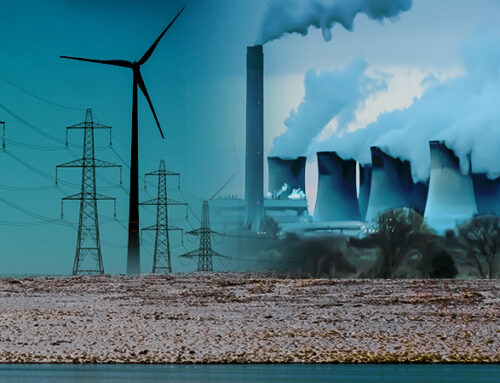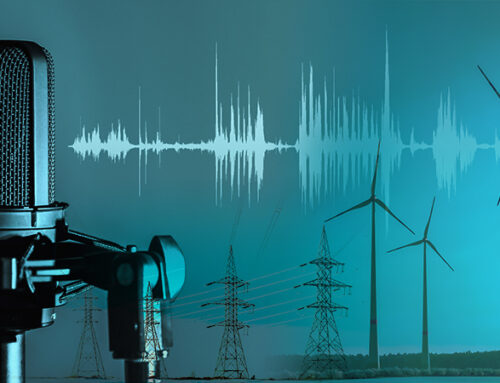Last week the UK’s House of Lords Select Committee on Economic Affairs joined the calls for electricity market reform, in a critical report: The Price of Power: Reforming the Electricity Market saying that the Government’s energy policy objectives conflict with each other, and have led to a situation where supply margins are tight at the same time as electricity prices are high. It points to the high cost of energy subsidies, both to renewables and to other projects such as Hinkley Point C and notes that there is a lack of transparency around the cost of energy policies.
The report makes a number of key recommendations aimed at restoring competition in the electricity market:
# 1: Reprioritise the objectives of energy policy
The Lords concluded that the three elements of the (in)famous trilemma (affordability, security and decarbonisation) should not carry the same weight, and the statutory focus on decarbonisation is inappropriate.
“The overarching aim of energy policy must be to keep the lights on. Low carbon but chronically unreliable electricity is not acceptable. Similarly very cheap prices at the expense of frequent shortages would be unacceptable…Decarbonisation and affordability must be taken into account, but should not be prioritised ahead of security where there is any conflict.”
#2: Manage the path to decarbonisation
The report notes that the UK will not achieve long-term decarbonisation targets without decarbonising heat and transport, and that the pathway set out by the carbon budgets is inflexible and risks inefficient implementation delivering low carbon at all costs. These risks could be mitigated by using the flexibility in the Climate Change Act, particularly around banking and borrowing to “allow time for the development of new technologies which will increase efficiency and reduce emissions in a cost effective way.”
#3: Hold a neutral, fully competitive supply auction
The Lords say they would like to see a return to competition in the electricity markets and believe the best way to do this would be through a single auction, designed with the following principles, which they believe would ensure that consumers would pay the lowest prices for low-carbon electricity:
- the required capacity is identified prior to the auction;
- the desired level of carbon emissions is fixed;
- all technologies are able to compete;
- an appropriate levy on intermittent generators is designed to reflect the cost of back-up generation;
- the cost of any updates to transmission networks are reflected in bids;
- the auction is overseen by an independent body who, in light of the results of the auction, could make any necessary adjustments to the targets.
#4: Greater scrutiny and independent oversight of competitive auctions
The report notes that numerous bodies have roles in overseeing and implementing different aspects of energy policy, with some areas falling between the remits of different bodies and therefore receiving no scrutiny.
Therefore, the Lords concluded that the Government should establish an independent Energy Commission to provide greater scrutiny of energy policy decisions, reporting to the Secretary of State, and tasked with advising on the best way for all the objectives of energy policy to be delivered.
#5: Fund research and development
The report notes that the UK lags behind other comparable countries in terms of the percentage of GDP spent on energy research, and further identified issues with translating university research into commercially viable technology, and the need for co-ordination and oversight of funding which is currently channelled through a number bodies including the research councils, Innovate UK and Ofgem. Although the Government is taking measures to address some of these challenges, the Lords feel they do not go far enough.
The report recommends that funding should be directed towards research that seeks to reduce the cost of new technologies making them viable on a large scale. The Lords support the proposal for a world-class National Energy Research Centre, which would provide key leadership in the search for new methods of producing cheap clean energy and translating them into commercial applications.
It’s hard to disagree with the report’s conclusions or its recommendations. An energy market where every form of generation requires some form of extra-market support is clearly dysfunctional and unlikely to be delivering good value to consumers.






Sanity breaking out all over?
I’ll believe it when it happens